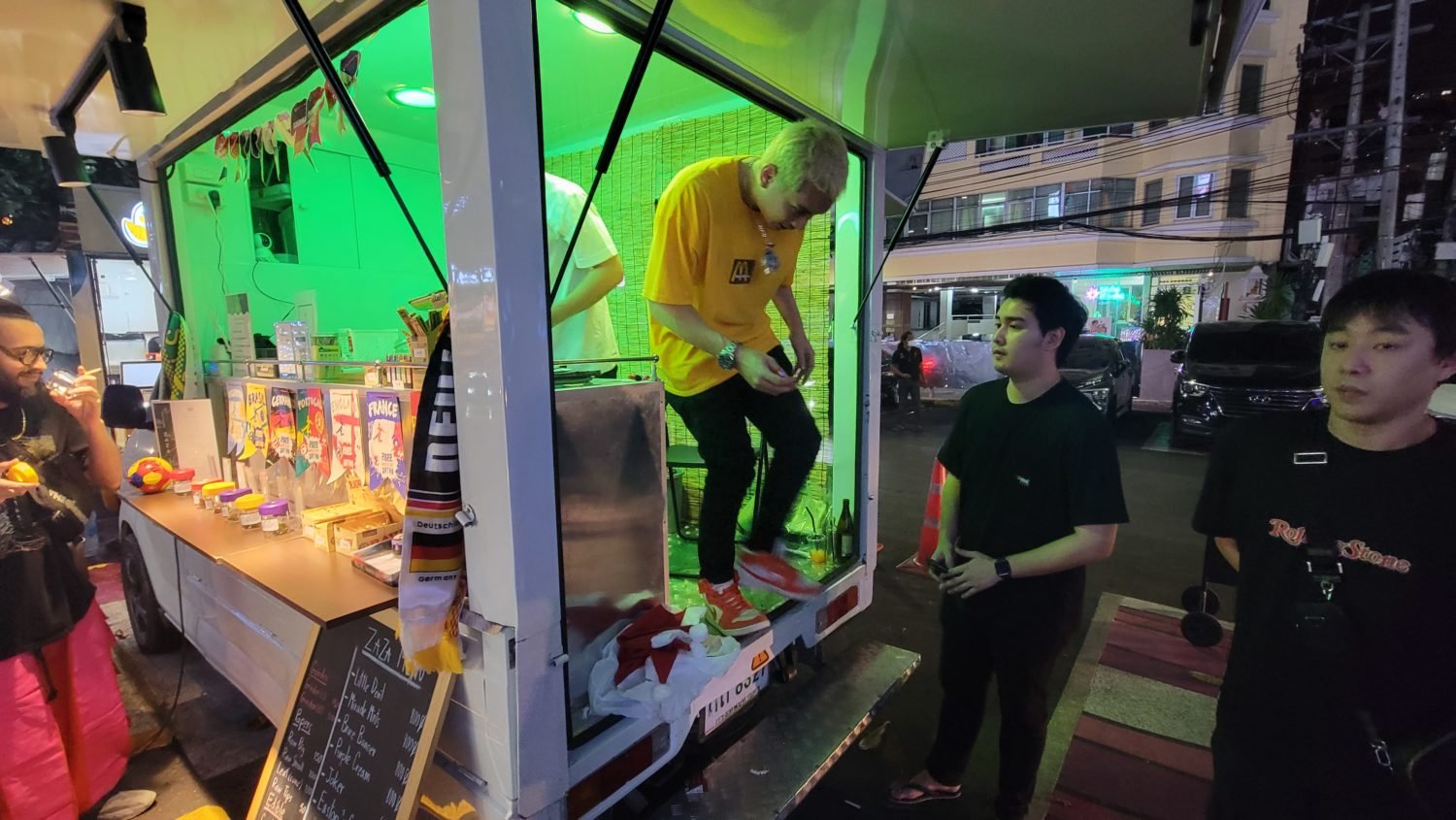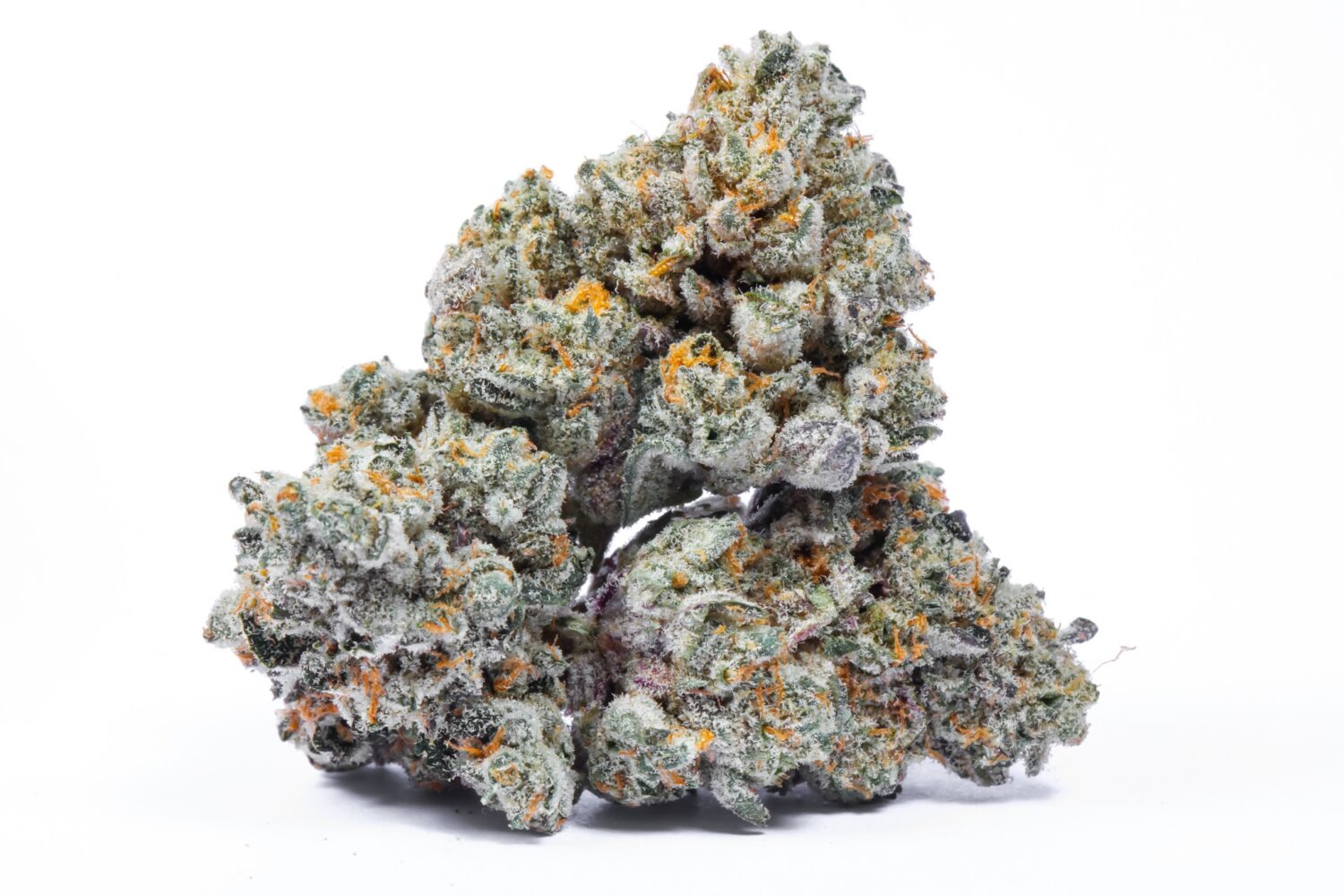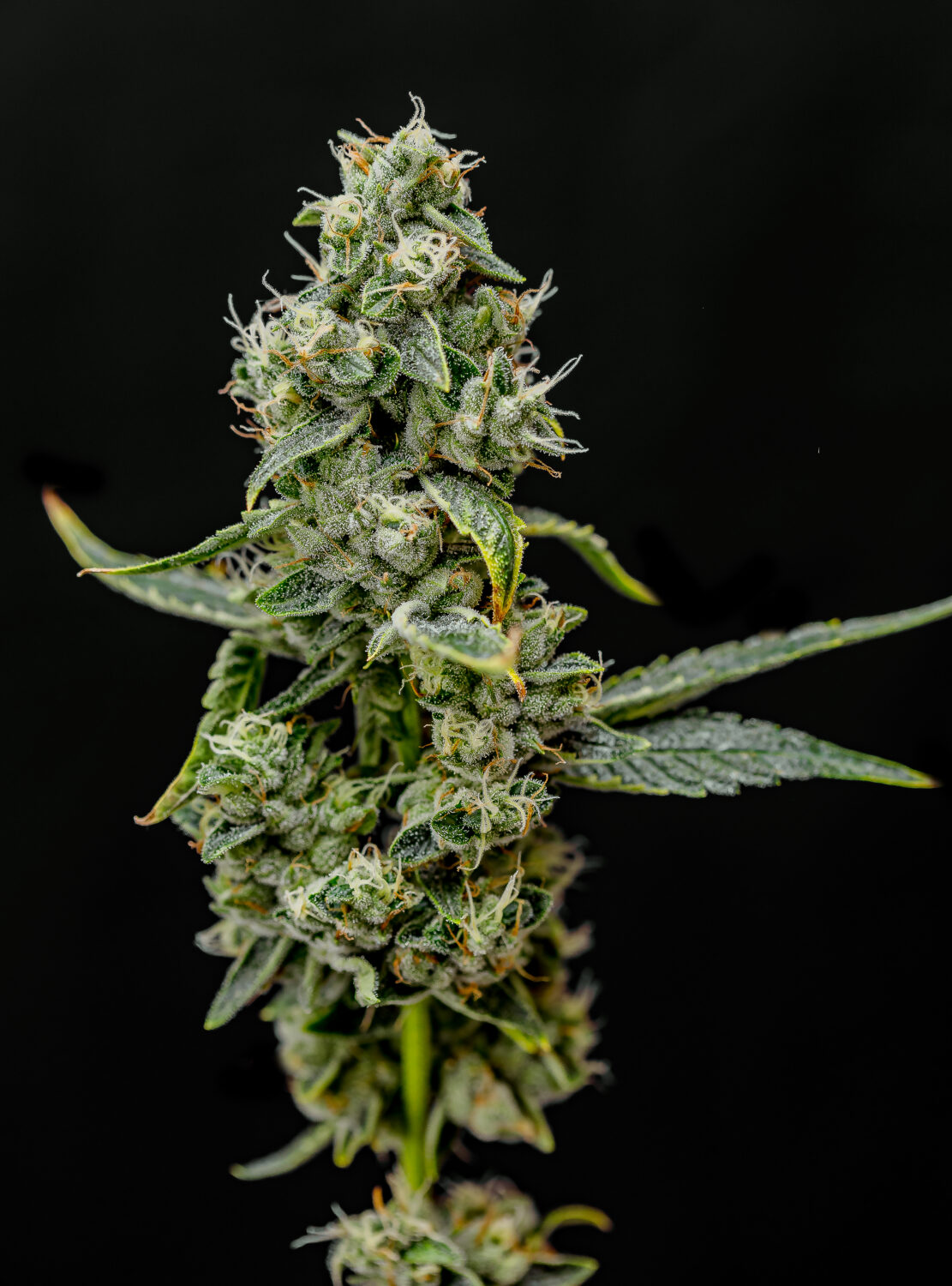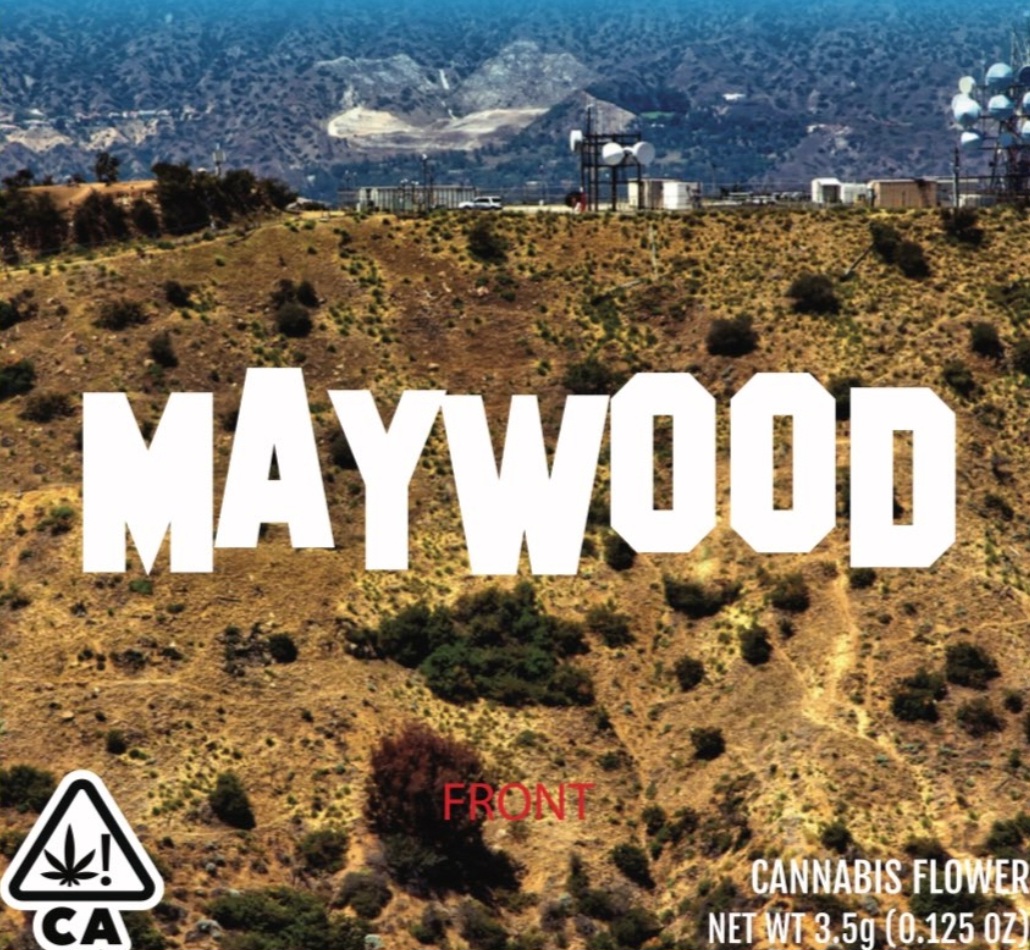CAM SPREADS THE HEAT FARTHER SOUTH THAN EVER
Photos courtesy CAM CAM SPREADS THE HEAT FARTHER SOUTH THAN EVER We’re catching up with one of the biggest hitters in California, as she continues to spread her SoCal footprint, Anna Willey of CAM. Willey is about as famed a female minority legacy operator as it gets. She got her start as a child on…
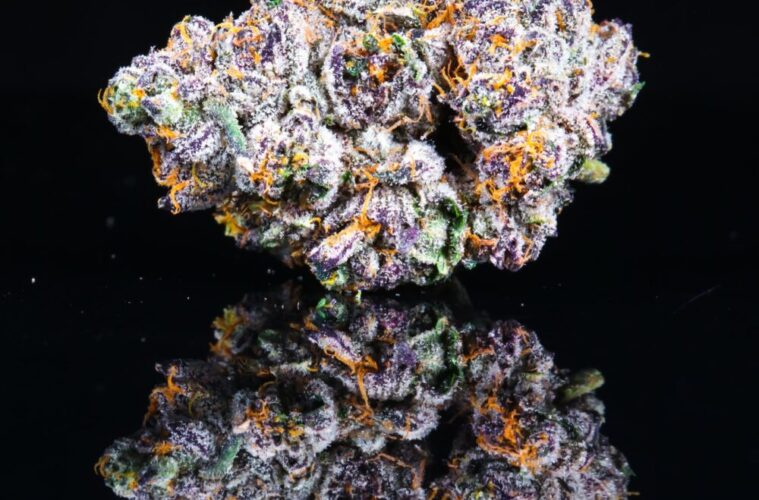 Photos courtesy CAM
Photos courtesy CAM
CAM SPREADS THE HEAT FARTHER SOUTH THAN EVER
We’re catching up with one of the biggest hitters in California, as she continues to spread her SoCal footprint, Anna Willey of CAM.
Willey is about as famed a female minority legacy operator as it gets. She got her start as a child on the underground NYC delivery scene. Eventually, she would open one of the most popular shops in Colorado. But she knew if she really wanted to crush it long-term, she’d have to move to California. After a short stint in the bay, she’d landed in Sacramento. From there, she coordinates CAM’s statewide growth.
She’s proud to be where she’s at, but you won’t hear her tooting her own horn much, as she surveys the devastation in the cannabis industry.
“Well, I think that it’s a really, really hard time for legacy operators,” Willey told L.A. Weekly. “There’s so much pride in saying we’re going to bootstrap it and do it on our own.”
But it’s a different time. Running houses and small warehouses was dope. But to start partaking in the economy of scale as cannabis continues to grow, you’re going to be able to need to access funding.
“When you’re talking to investors. I don’t think people have to mention that oh, by the way, you’ll be giving 62% away to the state, federal and local governments,” Willey said. “So I think that you kind of just got a warehouse and got to lease wherever you could. But you know, 4% tax, I mean, these are just huge. This is like what usual normal business it would make to survive.”

Willey with Hudson from Airfield Supply
But bootstrapping is possible with the heat. She pointed to No Till Kings and Fig Farms as great examples. She emphasized that all of these companies took some risks and owners figured out some parts of the businesses that they might have not been that great in, that sole person, and kind of built a team around people that are good as those parts of the business.
Our conversation turned to the lack of middle ground in cannabis right now. Sometimes it feels like everyone is either crushing or closing. She believes there should have been a lot more room to be successful in the middle of the pack.
“Yeah, maybe they’re not like knocking out of the park, but they’re doing what they love. They’re putting out a great product. They’re paying their people, they’re putting food on the table, and they’re doing it as a community,” Willey said, “It’s heartbreaking to watch that smaller farms maybe not have the opportunity to be around next year; it is really, really sad.”
There weren’t a lot of women in cannabis, and when Willey got started there weren’t a lot of brown people either, given the targeted enforcement they faced over cannabis. Especially in her hometown of NYC prior to legalization, just look at all the ACLU data from over the years.
But times have changed a lot. We asked Willey if she thought it was easier for a person like her to get in the game now than when she first did.
“I think that I think for women and for minorities or for anyone that I think it’s, I think it’s getting easier, and it’s getting better than it ever has been,” she replied. “I will say that there’s so much opportunity for people that want it. And I didn’t think it was that bad then either. So I think I’m always looking at it from the perspective of a kind of work ethic.”
Willey emphasized to farms that are struggling that whatever you can do to stay in business for another year is going to give you the best opportunity to win. She said you never know what’s right around the corner, just look how many people the COVID boom helped keep afloat.
We asked Willey when she first got the chance to do business with women that looked like her.
“I would honestly say not until I came to California. In Colorado, it was my fellow peers, dudes. I think that there are a lot of home-growers in Colorado that kind of either cobble together a couple of bucks or did it with their friends and opened up a shop. It was a lot more peer-oriented than it is now,” Willey said.
Keep an eye out for CAM flowers all over SoCal. It’s some of the best bang for the buck in the state and absolute heat. My favorite at the moment is the Biscotti BX1, but the Kush Mints has won a lot of stuff.




